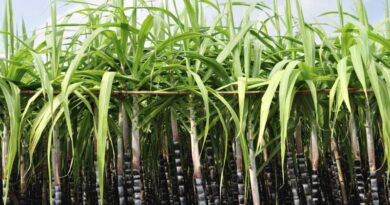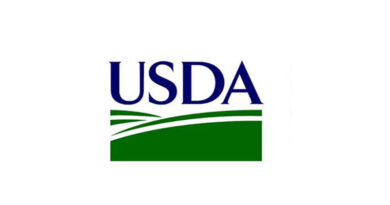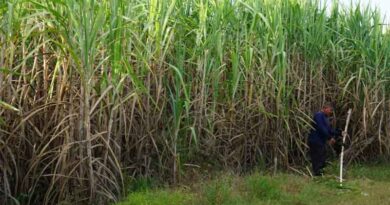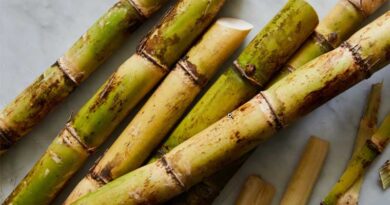India loses WTO dispute over sugar subsidies
15 December 2021, New Delhi: Ruling unlikely to come into effect immediately with New Delhi set to file an appeal
ASIT RANJAN MISHRA New Delhi, 14 December
India has lost the dispute over subsidies of sugar exports at the World Trade Organization (WTO) with the dispute settlement panel ruling against the country on a complaint that Brazil, Australia, and Guatemala had filed.
However, the ruling is unlikely to come into effect immediately because India is set to file an appeal against the report and lack of a functional appellate body at the WTO means a final decision on the matter is unlikely anytime soon.
“We find that, for five consecutive sugar seasons, from 2014-15 to 2018-19, India provided non-exempt product-specific domestic support to sugarcane producers in excess of the permitted level of 10 per cent of the total value of sugarcane production. Therefore, we find that India is acting inconsistently with its obligations under Article 7.2(b) of the Agreement on Agriculture,” the WTO dispute panel said in its report. India incentivises sugar exports through financial support to the sector, which employs more than 50 million farmers in politically sensitive states such as Uttar Pradesh and Maharashtra.
The commerce ministry in a statement said there would be no impact of the panel’s findings on any of India’s existing and ongoing policy measures in the sugar sector because it would to file an appeal at the WTO to protect the interests of its farmers.
“The Panel issued its report on 14 December 2021 in which it has made certain erroneous findings about our schemes to support sugarcane producers and exports. The findings of the Panel are completely unacceptable to India. The Panel’s findings are unreasoned and not supported by the WTO rules. The Panel has also evaded key issues which it was obliged to determine. Similarly, the Panel’s findings on alleged export subsidies undermines logic and rationale. India believes that its measures are consistent with its obligations under the WTO agreements,” it said in a statement.
In 2019, Brazil, Australia, and Guatemala requested dispute consultations with India regarding domestic support measures and alleged export subsidies provided by India to producers of sugarcane and sugar. The dispute panel was formed in October 2019, but the chair of the panel informed the parties in April last year because of the complex procedural and factual nature of the disputes, the panel was estimated to issue its final report not before the second quarter of 2021
India sought to delay proceedings at the panel, citing supervening circumstances because of the pandemic, as a result of which physical meetings could not be held. But the panel insisted on virtual meetings because the other parties wanted them.
India, the largest sugar producer after Brazil, encouraged overseas sales for three years in a row, helping the country emerge a significant, stable exporter of the commodity.
India’s farm subsidy policies also came under the scanner at the WTO during the country’s trade policy review (TPR) earlier this year, with members such as Canada, the US, and Australia complaining that New Delhi had not declared its agri export subsidies for more than eight years. Brazil held that India’s long-standing support measures for sugar had suppressed global prices by up to 25 per cent. In its response to WTO members over the concerns, India said the support given was largely to small and marginal farmers and was in accordance with its commitments at the trade body.
To absorb surplus sugar, India gave export subsidies of ₹ 10.50-11.55 per kg in the 2018-19 season (October to September) to export around 5million tonnes of sugar. However, around 3.7 million tonnes had been exported due to depressed market conditions.
In 2019-20, the Centre again gave export subsidies of around ₹ 10.44 per kg for millers to enable them ship around 6 million tonnes of the sweetener. Of the 6 million tonne quota, around 5.95 million tonnes were exported by the time the season ended.
In the 2020-21 season, the Centre again extended sugar subsidies of around ₹ 3,500 crore to sugar mills for exporting around 6 million tonnes of the sweetener.
That year it also cleared pending export subsidy dues of around ₹ 5,360 crore, which went into the bank accounts of farmers through an escrow account in a week’s time.
The Cabinet Committee on Economic Affairs had approved the subsidy at the rate of ₹ 6 per kg for 2020-21, much lower than the ₹ 10.50 per kg in the 2019-20 marketing year, keeping in view favorable international prices.
with inputs from Sanjeeb Mukherjee















